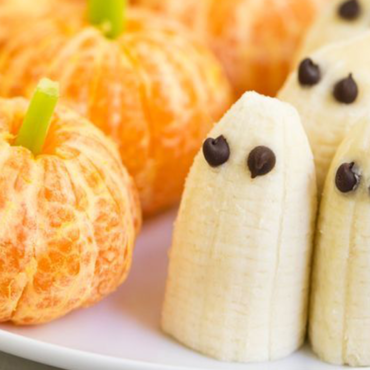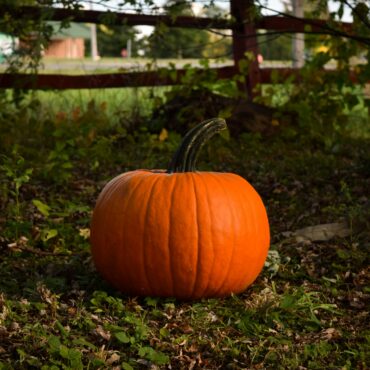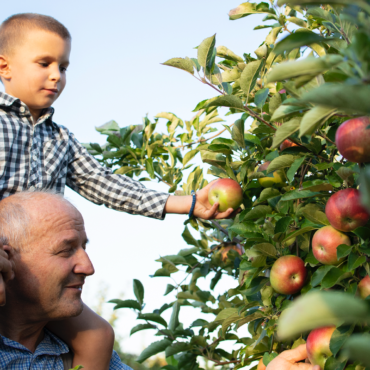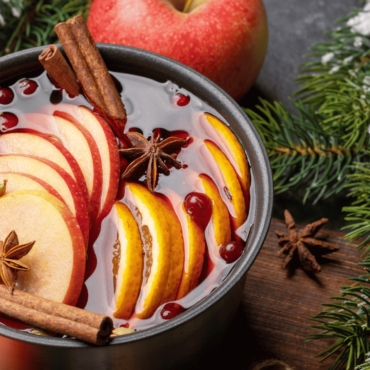Blog & News
Food waste
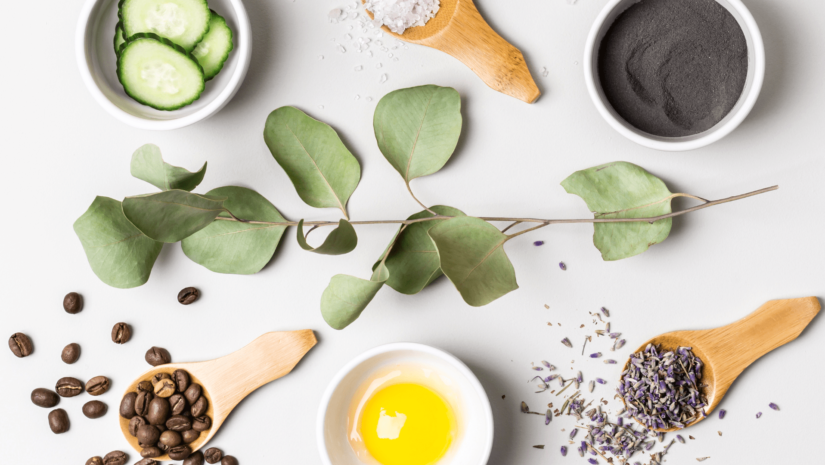
Reducing food waste is an action that can considerably reduce your carbon footprint and ease pressure on the use of resources. Even with the best planning, preservation and zero-waste cooking, there are still a few things that make their way to the compost bin. To maximize the value of food scraps, just before the compost stage, I’d like to suggest 5 ways to give them a second life, apart from using them for cooking!
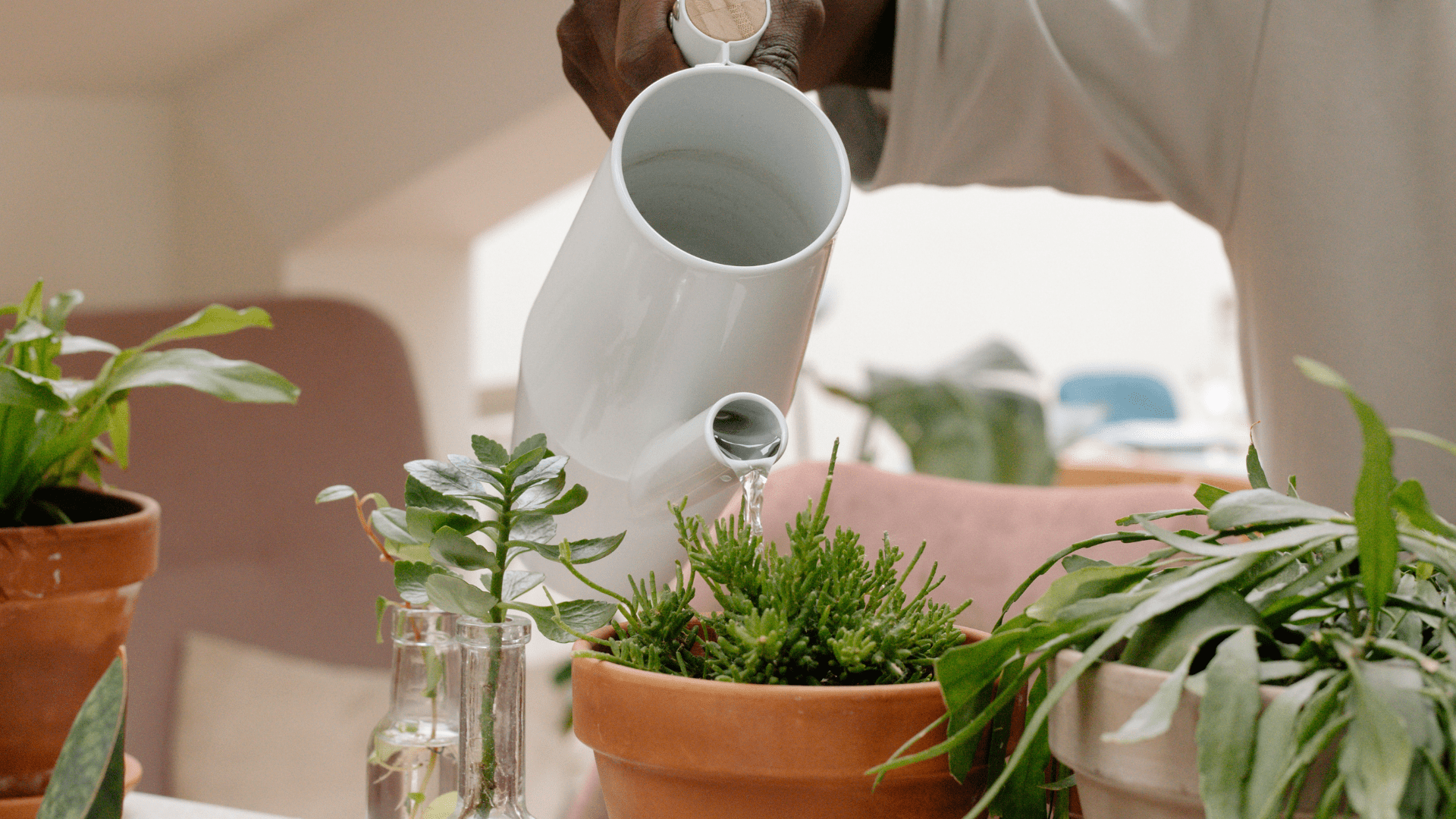
More nutrients for your plants
If we make our own home compost and use it in the garden, the nutrients from all the composted food will end up there, nourishing the vegetable garden! However, if you participate in your municipality’s compost collection program, you can still benefit from the nutrients found in a few food scraps or leftovers.
For example, to extract some of its potassium, simply infuse your banana peels in a jug of water for a few days and use this water for your indoor plants.
Another useful type of waste is coffee grounds. You can add it to your plant or garden soil for added nutrients, but above all to promote drainage, water retention and soil aeration, from which many plants benefit.
Finally, you may have heard of the trick of adding eggshells to the garden for its calcium content? Unfortunately, this is a myth, as the shells need much more time to decompose and release their calcium. So what can we do with our eggshells? You can still incorporate washed, dried and powdered shells into your garden, to lighten the soil. If you have chickens, you can also feed them the shells, which enrich their diet with calcium (yes, it’s weird, but it’s true!).

Ecological household products that smell good
The simplest all-purpose household product of all: vinegar and water in equal proportions! Yup, it’s as simple as that and it works great (just be careful not to use it on mineral surfaces like marble or granite)! The only problem is the smell… and that’s where you add your surplus citrus peels. Simply steep the citrus peel in vinegar for 2 weeks, at room temperature, then filter before adding the water.
Dried citrus peel can also make a great potpourri to freshen up your home.
Nourish… the leather of your shoes
Your banana peels, if you don’t need fertilizer for your plants, can also be useful for shining your leather shoes. In fact, rubbing the inside of the banana peel will help to nourish the leather with potassium and clean it. Don’t forget to wipe off any residue afterwards.
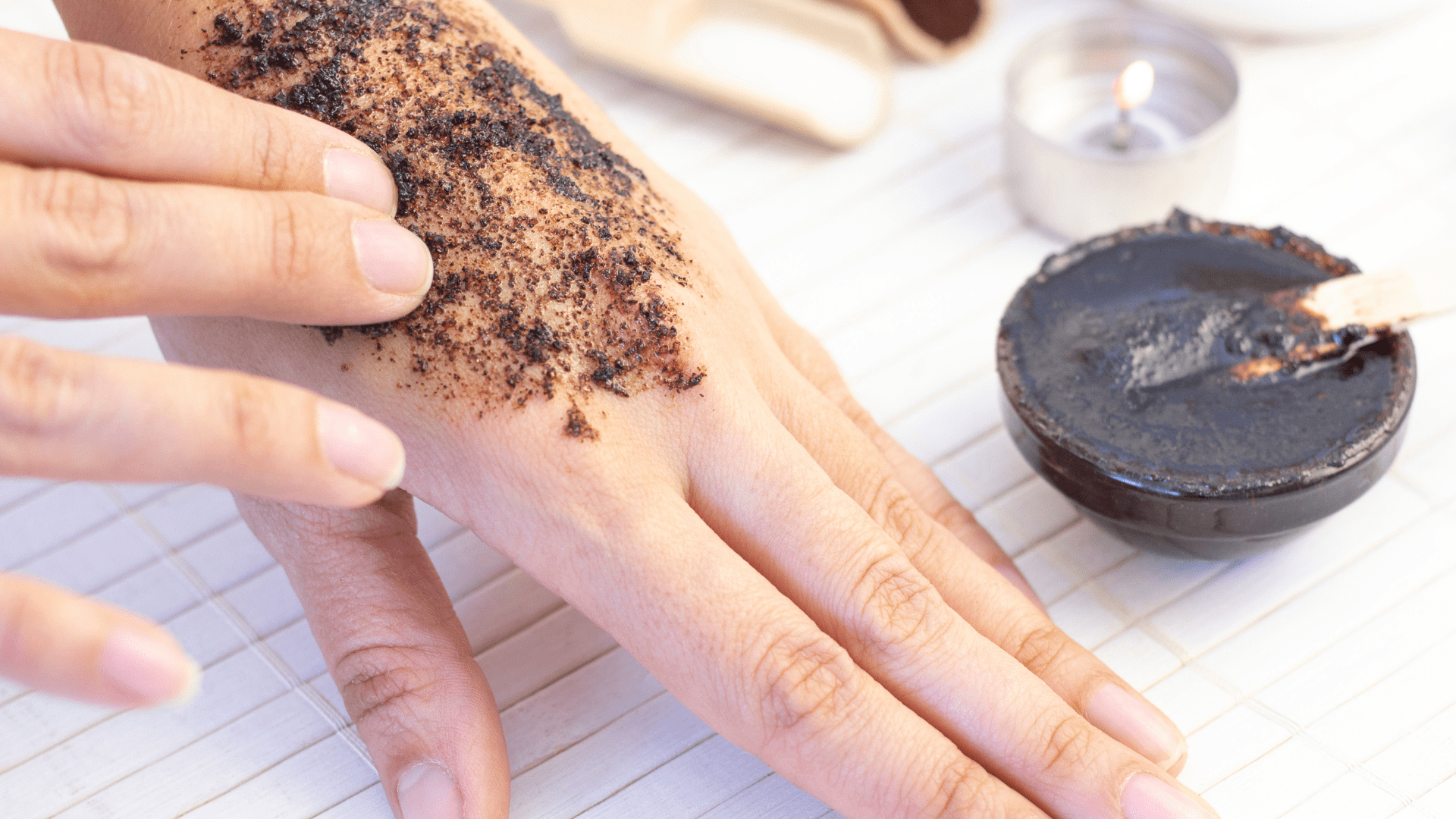
Exfoliate your body without buying new products
An extremely versatile byproduct: coffee grounds. You can use it as an exfoliant by mixing it with coconut oil and sugar. It’s a great way to reduce our consumption of cosmetics, which often contain very long lists of ingredients! Coffee grounds are a valuable food waste product: some people use them to neutralize odours in the fridge, or even to keep cats away from houseplants. Keep it in a separate container in your compost bin.

Totally zero-waste dyes
Pigments naturally present in food can be used to make natural vegetable dyes. You can use one of the ingredients below and boil it in water for 45 minutes to obtain a liquid that will dye your cotton or linen fabric:
- Onion skins: ochre to yellow
- Beet peelings: pink
- Spinach: light green
- Tea: beige
- Coffee grounds: brown
If you’re interested in the subject and like to experiment, you’ll find all kinds of recipes on the Internet for face and hair care products, household products and plant and garden fertilizers. I hope you enjoy the new discoveries!
So let your creativity soar and use food to its fullest potential and don’t forget to share your best zero-waste tips and recipes, edible or not, with those around you and within the anti-waste community!

Experte de la lutte contre le gaspillage alimentaire
Elisabeth Paradis
Passionnée de bouffe, Elisabeth aime utiliser l'alimentation comme façon de connecter avec les gens. Pour elle, manger est lié au plaisir et au partage, mais aussi à ses valeurs environnementales. Si elle n'est pas dans sa cuisine, vous la retrouverez dans son jardin, sur son vélo, ou en train d'être la fan numéro 1 de ses chats Dumpling et Kimchi.
View all posts...Related posts :
Contact us
Earth Day Canada
5818, boulevard Saint-Laurent
Montréal (Québec) H2T 1T3 Canada
Phone : (514) 728-0116
Toll free : 1 800 424-8758
Fax : (514) 303-0248
Email: hello@earthday.ca
2026 © Earth Day Canada. All rights reserved.
Privacy policy · Terms of use · Trademark
